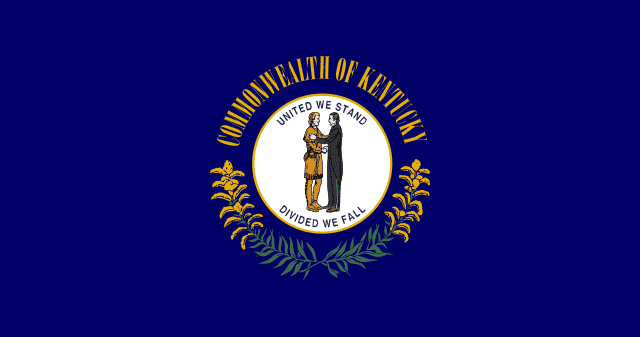
Kentucky Tax Relief Information
Collections
If you are behind on your taxes, the State of Kentucky may take action to forcibly collect them. Such actions may include anything from the filing of liens to the seizure of your property. You will receive notification of any actions that the State intends to take.
Levies
One form of enforced collection that the State may use to resolve your liability is a levy. A levy can be attached to any of your property, be it physical, or something like your bank accounts or wages, even third parties associated with your property.
Levies are only issued after you have received and failed to address multiple Notices from the State. It is best to pursue a resolution to your liability before this point.
License and Permit Revocation
The Department of Revenue may revoke or deny the renewal of some licenses or permits until you resolve your liability.
Liens
If you fail to address your liability or default on a payment agreement, the State may file a lien against your property. Liens are a public claim against whatever they are attached to and serve to protect Kentucky’s interests until your liability is resolved.
Priority One: Stopping Aggressive Enforced Collections
Notice of Tax Due
The first step in the collection process when you have not paid your taxes in full is the issuance of a Notice of Tax Due. It is best to address this Notice promptly, in order to prevent the accrual of additional penalties and interest. If you cannot pay in full, contact the Department of Revenue as soon as possible.
Offer in Settlement
The State may, under very particular conditions, accept a settlement of your liability for less than the full amount. If you qualify for an Offer, you must be prepared to closely and carefully follow all terms and conditions given by the State, as failure to do so may nullify the offer, leading to enforced collection actions. Such terms can include your having filed all required tax returns, completed the application, and provided all requested supplementary documentation.
As the process requires significant preparation, it is recommended that you seek professional assistance before attempting to submit an Offer in Compromise.
Offset
To resolve your liability, the State has the authority to intercept any payments owed to you by state agencies, and apply them directly to your liability.
Payment Agreement
You may be able to request a payment plan if you cannot pay your initial tax liability in full. Penalties and interest will still accrue on whatever portion of your liability remains unpaid. The State is obligated to protect its interests, so they may additionally file a lien, and you will need to comply closely with the terms of any agreement you make with them, lest you incur further penalties or an enforced collection process.
Personal Assessment
Any corporate officer or LLC manager may be held personally responsible for their corporation’s liability.
Power of Attorney
While you may represent yourself before the State, you may also choose to have a qualified representative do so in your stead. This requires that you complete the appropriate documentation prior to any discussion of tax matters.
Protests and Appeals
If you disagree with your liability as it is presented in a notice from the State, you have a period of time after the reception of the notice in which you may protest it. Should your protest be reviewed and be given a final ruling with which you disagree, you may also appeal that.
Seizures and Sale of Property
Failure to address your liability may result in the seizure of your real or personal property by the State. Perishable property may be sold immediately, and all other property may be sold promptly after a seizure. Proceeds from the sale will first be applied to the costs of seizure and sale, then to your liability.